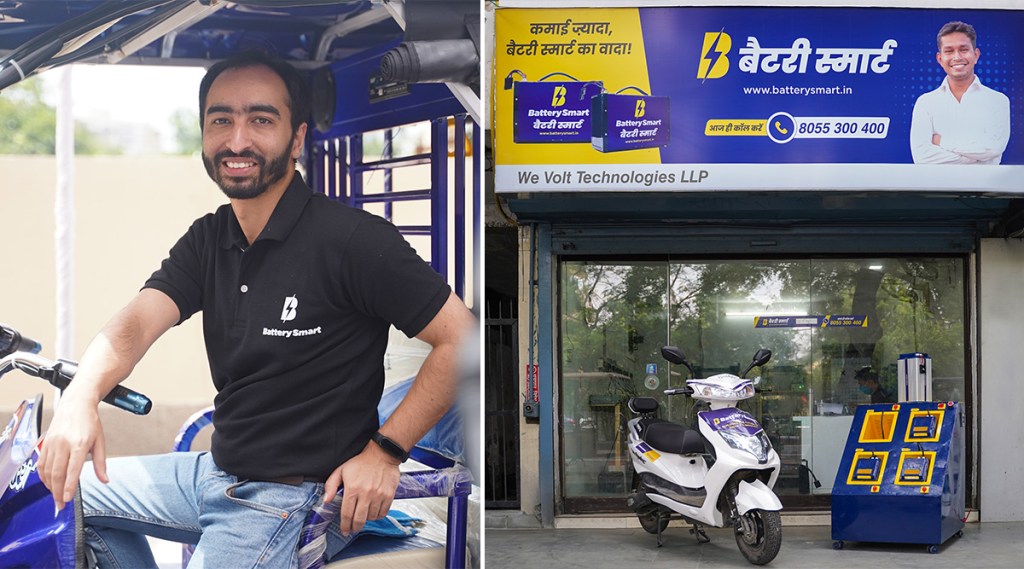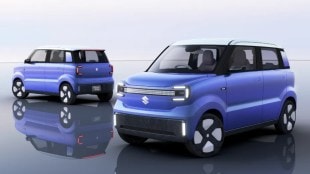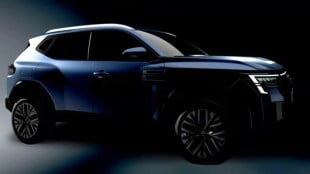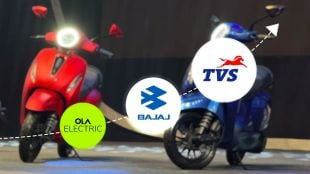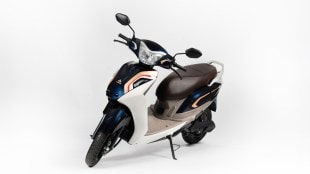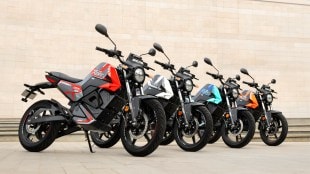Battery Smart began its operations back in June 2020, by setting up its first swapping station in Janak Puri, New Delhi. This happened at a time when the country was still struggling with the unpleasant arrival of the pandemic and businesses were struggling to keep up operations. We got an opportunity to speak with Pulkit Khurana, co-founder of Battery Smart and spoke to him about how they intend to bring a positive change in the current EV scenario and how they have managed to find success in such dire times.
Pulkit very lovingly addresses Battery Smart as a “post-pandemic company”. They had a relaxed approach towards business in the initial months and ramped up their growth post the second major lockdown in the country. The growth has been so tremendous that they have expanded by more than ten times since June of this year. As of now, they have around 5,000 batteries in circulation with a cumulative capacity of close to 10MWh. The company has observed a latent demand in both two and three-wheeler markets and they intend to explore and address it further.
Within two years, Battery Smart has built a network of 125+ battery swap points across Delhi-NCR that let customers get a fully-charged battery in a matter of two minutes. According to Pulkit, this kind of service and infrastructure is solving a few major problems for owners of two and three-wheeler EVs. The first is a significant reduction in charging time. Charging a battery can easily take 3-4 hours or more, which is not ideal for commercial applications. By providing an efficient swapping network, the users can spend more time on the road and earn almost double of what they would have otherwise. The second issue that is being tackled is the cost of buying a new battery once your old battery is no longer functioning. This can burn a huge hole in the pockets of e-rickshaw drivers or other small-time workers as batteries are one of the most components in an electric vehicle. Battery swapping comes with battery-as-a-service, where the battery is being provided by the network. Lastly, one of the most common issues that any EV buyer has in today’s time is range anxiety. With a dense network that ensures the presence of a battery swapping station within 1km, customers can rest assured that they will be able to find a fully-charged battery very easily. These factors are so crucial for many people that there is a waiting list of 10,000 people to join the Battery Smart platform.
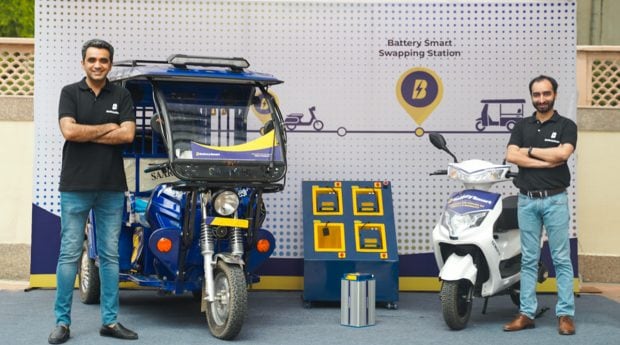
In terms of expansion, the company has a solid presence in and around the capital. The initial goal was to focus on Delhi-NCR as there has been a huge demand which the company has been trying to meet. They have started expanding into parts of Noida and Gurgaon with Faridabad being the next location in the coming weeks. After the company has set up a robust network across Delhi-NCR, they are looking at tier 2 and tier 3 cities that have a lot of demand for a service like this. Battery Smart has shortlisted 25 cities across West Bengal, UP, Rajasthan and Haryana that they plan to target next year. Lucknow, Kanpur, Kolkata and Jaipur are some of the cities that could be the next location of focus for Battery Smart.
Battery Smart followed a different approach towards setting up its network. The company did not want to build everything from scratch when there are plenty of shopkeepers that already have enough time and resources that are not being fully utilized. “We identify the target locations where we want our network to be, based on all the data we generate from IoT devices. So, we know where it would make sense to open a station and of what capacity for better utilisation and for better access to customers. Once we do that, we approach those guys (partners). We offer a very simple and small investment from their end and get them live immediately the next and they start earning as a revenue share.”
Most of the partnerships are with people already associated with the sector like garages, battery dealers and even big brands like GoMechanic. Since providing a good customer experience is at the core of Battery Smart’s philosophy, they spend a lot of time and effort to ensure a good experience across their centres. Partners go through an extensive training program and have access to a partner app. As for the app, it allows partners to manage their operations, authenticate drivers, manage inventory and more. There is also a 24-hour call centre to answer any queries people might have.
“We have taken this playbook from Oyo. Oyo is a very similar model where partners are leading but customer experience is very critical.”, added Pulkit. It seems to be a strategy that is working well too as the retention rate is close to 96 per cent as most of the customers stay on the platform once they join.
All the batteries that are part of the Battery Smart network, have an IoT device integrated into them at the time of manufacturing, making them tamper-proof. The device gives the company access to a variety of data like battery health, status, location allow them to remotely shut down the battery and even predict when they might want to swap batteries. “Every time a customer goes to a location, he should be able to get a battery within 2 minutes. He should not wait otherwise, he could have opted for a charging station. For us it is criminal to make a customer wait for more than two minutes, that is how we see it.”
Recycling batteries is a major point of concern and an aspect that people often overlook. However, Pulkit is a firm believer that batteries should find a second life after they can no longer be part of their network. Battery Smart has ties with companies that can take care of this matter. They either send the batteries to companies that can extract minerals from the batteries and reuse any other components or they sell them to solar energy companies that can use these batteries for storage.
Since Battery Smart is one of the largest clients for many battery manufacturers, there is a lot of synergy between the two and they work very closely, providing valuable inputs so that the products are continuously being improved and adapted to the needs of the customers. At the same time, Battery Smart is also working with companies that are working on newer chemistries and newer technologies so that they can be ready with them as well.
“There is a lot of knowledge transfer that happens because we get a lot of operational data, customer experience data and also from IoT devices. They have their experience in sourcing the right material and they have the equipment to test the battery in various environments. So there is a lot of synergy. For some of the battery manufacturers, we are already the largest buyers in India.”
Pulkit believes that the swapping industry is still in a nascent stage and especially for owners of two-wheelers, this is a new infrastructure and system. Hence, the company plans to work more towards making people aware of it. Since many e-rickshaw drivers are not very savvy with mobiles and internet, all the planning has to be developed and deployed keeping the needs and limitations in mind. Apart from this, Pulkit believes that there could be some improvements on the policy side. “Although they have started recognizing swapping in every policy document that comes out but the incentives for swapping haven’t kicked in. Subsidies are more towards the vehicle, not towards the battery. The GST is also higher on the battery. But I think policies will also catch up once swapping becomes more mainstream.”, says Pulkit.
